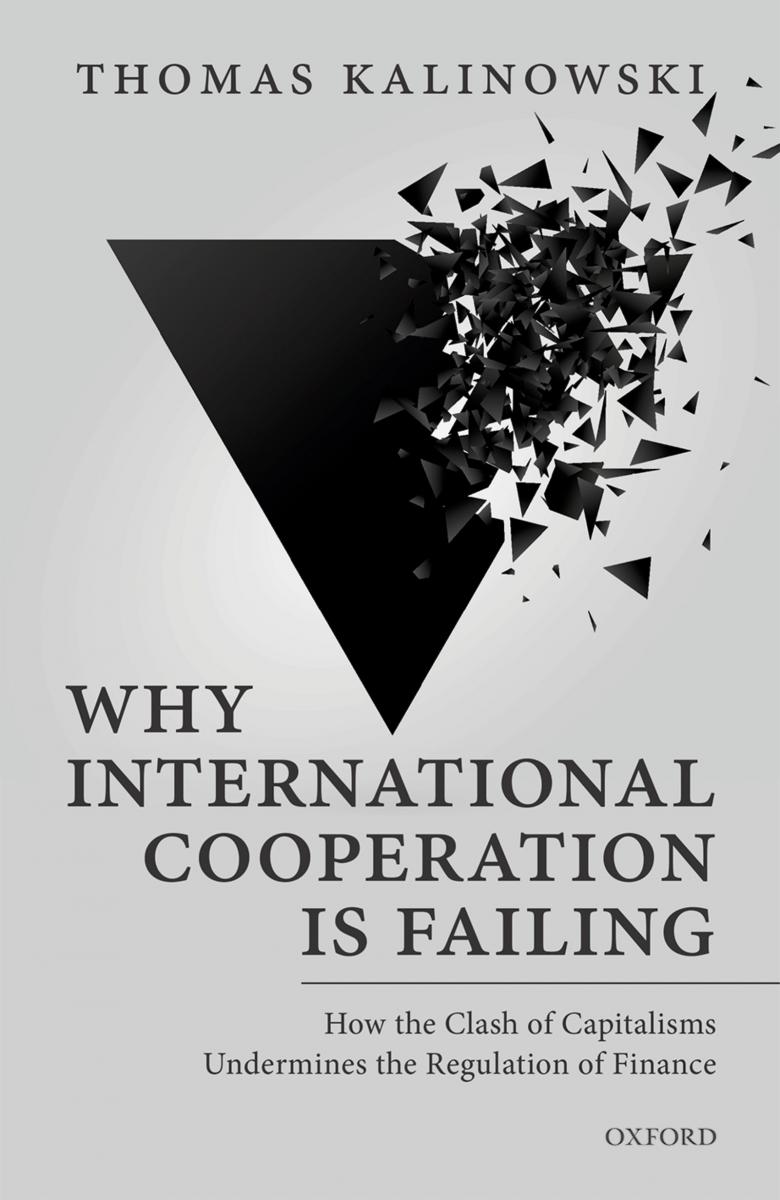Why International Cooperation Is Failing
By : Thomas Kalinowski
Release date: Oct 2022
Oxford University Press
Number of pages: 304
ISBN: 9780192871442


Ten years after the global financial crisis of 2008/09 there is widespread scepticism about the ability to curb volatile financial markets and achieve true international cooperation. Changes in the global rules of finance discussed in the G20 during the last decade remain limited, and it is uncertain whether they are suitable to help mitigate and manage future crises to come. This book offers an alternative to the popular notion that this failure is the result of the 'nature' of international relations, the clash of national egoisms, or ineffective national leadership. It instead provides an understanding of recent lapses in international cooperation by revealing their deeper structural origins in the competing models of capitalism operating across the globe.
US finance-led, EU integration-led, and East Asian state-led capitalism complement each other globally yet have conflicting preferences on how to complement their distinct domestic regulations at the international level. This interdependence of capitalist models is relatively stable but also prone to crises caused by volatile financial flows, global economic imbalances, and 'currency wars'. To understand international economic cooperation, we must understand the diverse dynamics of the different models of capitalism on a domestic level, not only in financial markets but also in areas of corporate structure, labour markets, and welfare regimes.
By establishing a deeper integration of approaches from International Political Economy and Comparative Capitalism, this book shows that regulating international finance is not a technocratic exercise of fine-tuning the machinery of international institutions, but rather a political process dependent on the dynamic of institutional change on a national and regional level.











